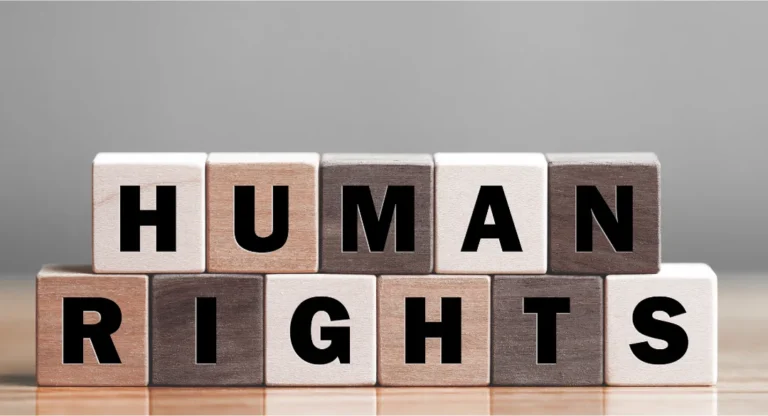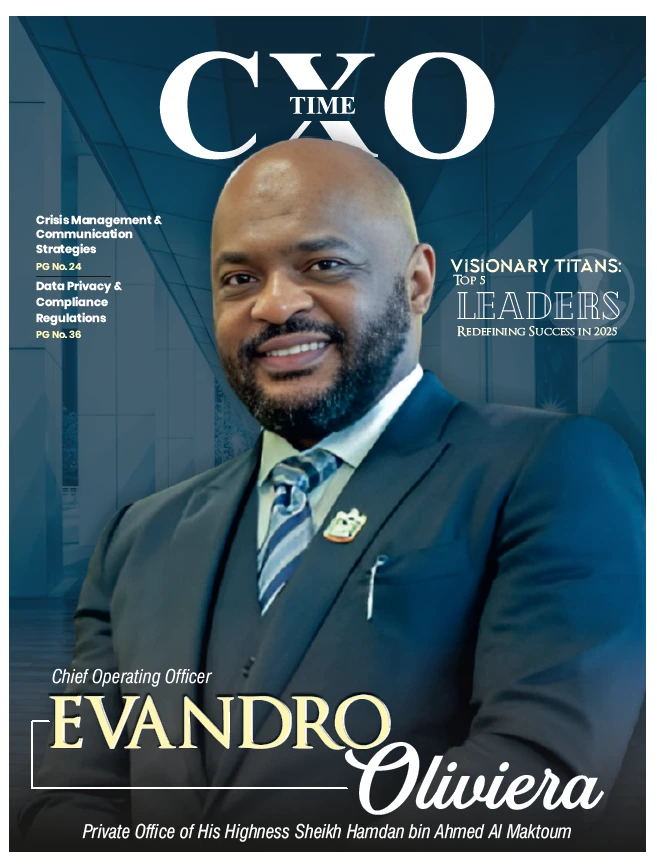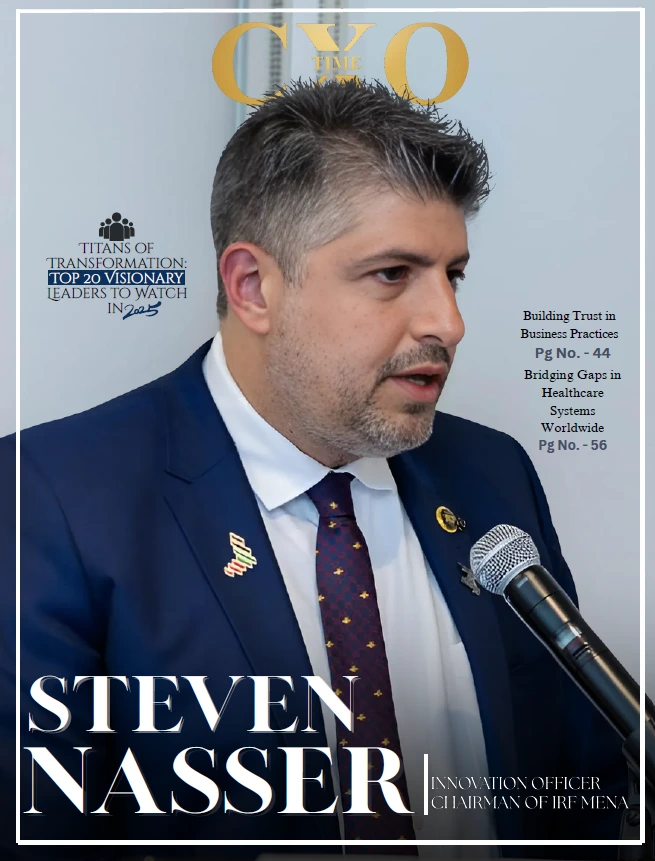

In today’s interconnected world, the digital era has ushered in a profound transformation in the way we communicate, gather information, and express ourselves. This monumental shift has opened new doors to unprecedented opportunities, facilitating global connectivity and knowledge sharing at an unprecedented scale. However, along with these opportunities come a myriad of challenges, particularly concerning fundamental human rights. In this article, we delve into the multifaceted landscape of human rights in the digital age, exploring the intricate challenges and promising opportunities that the ever-evolving digital realm presents.
The Challenge of Online Surveillance
Online surveillance, once confined to the realm of dystopian fiction, has become an omnipresent reality in the digital age. Governments and corporations, equipped with advanced technologies and vast data storage capabilities, can access and monitor personal information with remarkable ease. This pervasive surveillance raises significant concerns about individual privacy and the potential for abuse of power.
In response to these challenges, a global movement advocating for digital privacy has gained momentum. Prominent legislation, such as the European General Data Protection Regulation (GDPR) and similar laws worldwide, empowers individuals by asserting their rights over personal data. By enforcing transparency, data protection, and consent-based practices, these regulations offer a pathway toward safeguarding online privacy.
Privacy in the Digital Age
The digital age has witnessed an explosive proliferation of personal data. Every online interaction leaves a trail of information, including our preferences, behaviors, and sensitive details. As we navigate this landscape, it’s imperative to understand the intricacies of digital privacy and the potential consequences of data mishandling.
Encryption technologies, particularly the adoption of end-to-end encryption in messaging applications, provide users with a powerful means to secure their communications and personal data. Embracing robust encryption methods can empower individuals to protect their privacy in the digital age.
The Balancing Act: Freedom of Expression
The internet has evolved into a global platform for the free exchange of ideas and information. Nevertheless, maintaining the delicate balance between freedom of expression and addressing digital-age challenges such as online censorship, misinformation, and hate speech remains a formidable task.
Online platforms have begun implementing policies aimed at mitigating the spread of misinformation and hate speech while respecting the fundamental right to express oneself. Transparent content moderation processes and well-defined guidelines can help strike a harmonious equilibrium between free speech and responsible online behavior.
Digital Divide: Access to Information
While the digital age has democratized access to information, it has also laid bare the stark realities of the digital divide. Marginalized communities often lack the necessary infrastructure and resources to participate fully in the digital era, exacerbating existing inequalities.
Bridging the digital divide requires concerted efforts, such as providing affordable broadband access to underserved areas and implementing comprehensive digital literacy programs. These initiatives aim to ensure that everyone, regardless of their background, can benefit from the vast resources of the digital age.
Cybersecurity Challenges
As we embrace the conveniences of the digital world, cybersecurity becomes paramount. Threats such as data breaches, cyberattacks, and online vulnerabilities pose significant risks to individual privacy and security.
Bolstering cybersecurity measures and enhancing public awareness about online threats are essential steps toward mitigating risks. Through education and proactive security measures, individuals and organizations can safeguard their sensitive information and digital infrastructure.
Global Collaboration and Governance
The digital age transcends national borders, necessitating international collaboration and governance. Developing global standards and agreements is essential to address digital governance issues, including data privacy, online surveillance, and the regulation of online content.
International organizations and forums, such as the United Nations and the Internet Governance Forum, offer platforms for nations to collaborate on digital governance challenges. By fostering cooperation and establishing common principles, the international community can work toward ensuring that human rights are protected in the digital age.
In conclusion, the digital age presents a complex tapestry of challenges and opportunities for human rights. As we navigate this ever-evolving landscape, it’s imperative to advocate for robust data protection, digital privacy measures, and freedom of expression, all while addressing the digital divide and cybersecurity threats. By embracing these opportunities and working collaboratively on a global scale, we can ensure that human rights thrive in the digital era, making the internet a safe, inclusive, and empowering space for all.
The CXO Time Magazine is one of the leading global platforms for leaders and entrepreneurs to showcase their stories.








About Us
The CXO Time Magazine is one of the leading global platforms for leaders and entrepreneurs to showcase their stories.
Reach us: info@thecxotime.com